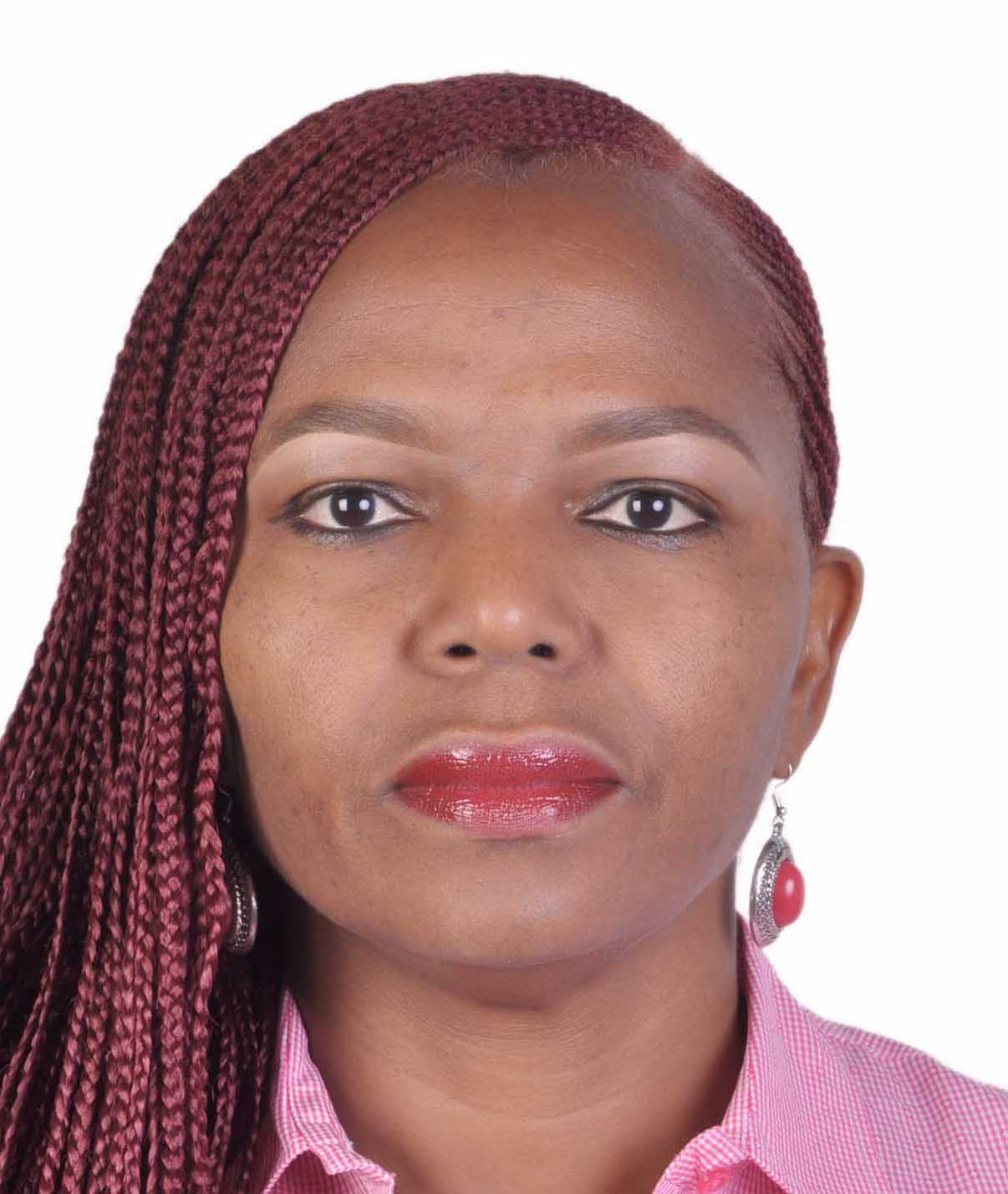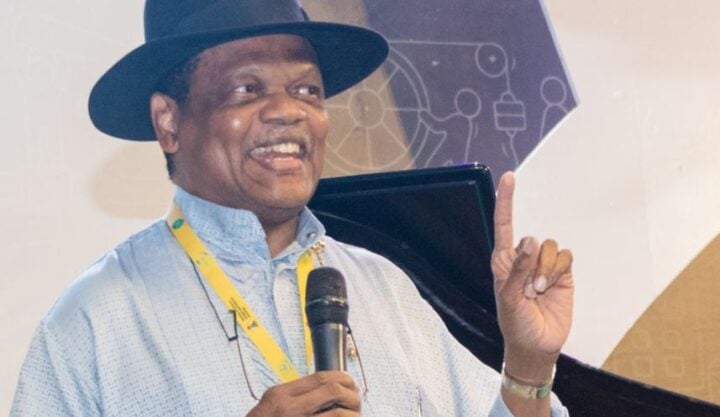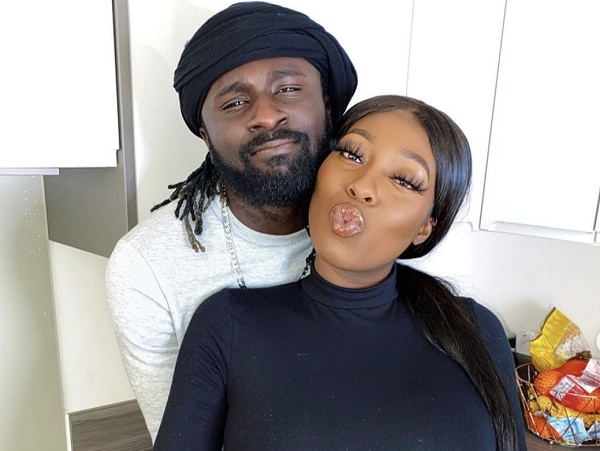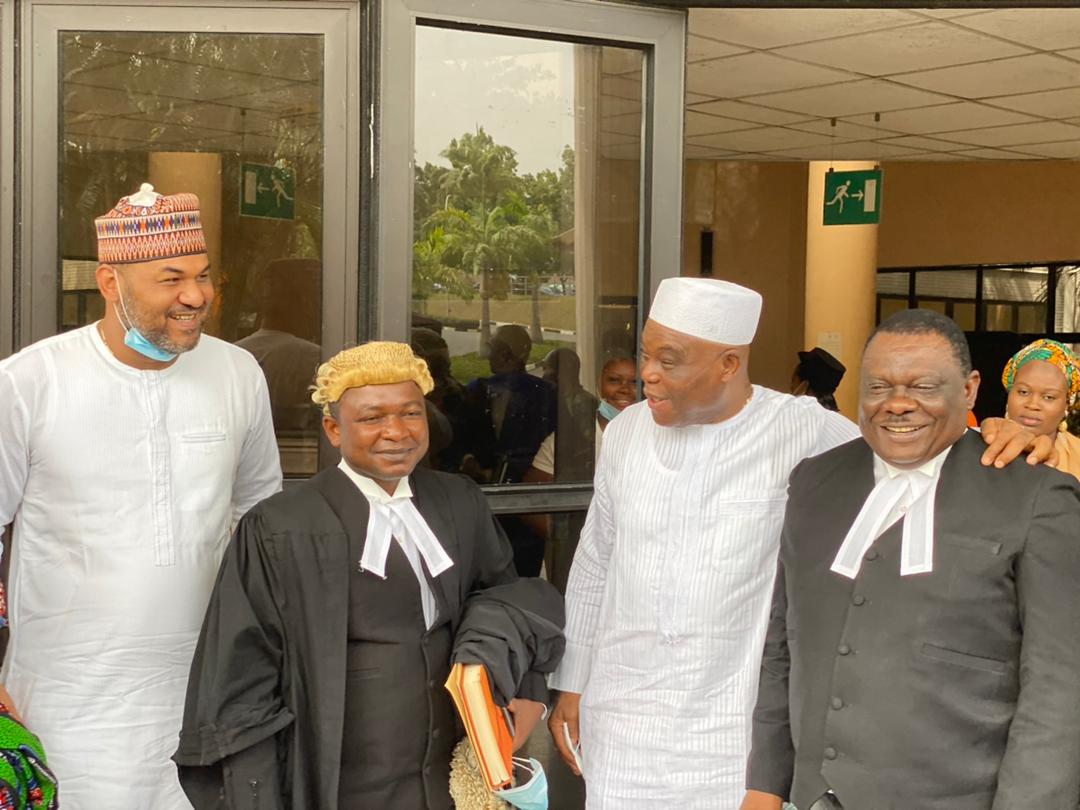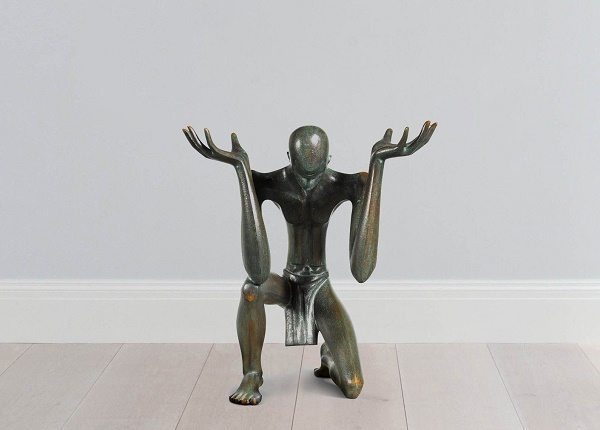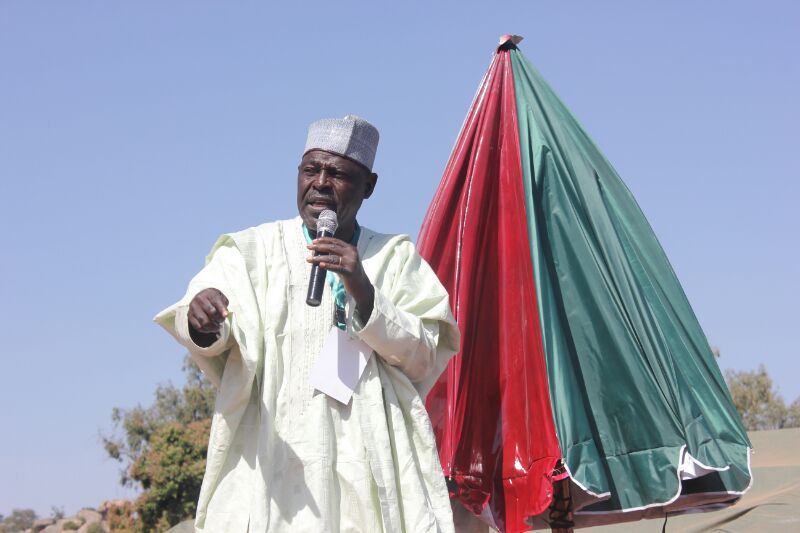First off, I have to clarify that the above question is not an inverted or a reverse Nigerian way of saying there’s not much Nollywood can learn from what I’ll call Korean drama (covers films and TV series). Because believe me, “what can Nollywood learn from Korean drama?” in Nigerianese can be asked in the same way we say: “Who are you?” (who you be?) or “Who is your father?” (who be ya papa). All of which points to a lack of respect because ‘who are you’ is another way of saying ‘you’re a nobody.’
On the other hand, I’m also not asking any question to engage in Nollywood-bashing or present Nollywood as being deficient although there will be times it’ll sound like I’m trying to do that. I know that Nollywood-bashing has become like fun sports, a hobby of sorts. At least once every month, Nollywood trends because invariably someone would mouth off about how trashy Nollywood is or just how unworthy of attention it is. It’s difficult to comprehend how one or even a few movies can cancel an entire industry because all it takes is one not-so-good movie… Lest I digress. Basically, the main focus of this write-up is to see where Nollywood/Nigerian drama fits, in comparison to some other countries. I won’t dive into any ancient history, but I’ll pay attention to video streaming platforms.
In the last few weeks, I’ve been neck-deep in Korean drama on Netflix. It’s safe to say that since March 2020 due to the COVID-19 lockdown, I (and the rest of the world) have had more than enough time to dig into Netflix and other streaming platforms; including Hollywood, Spanish, French, Korean and everything in between. The only real surprise in this mix is the Korean films and TV series. Thanks to Telemundo and co I am relatively familiar with the Spanish/Mexican fare. I also have an idea of what to expect from French films to some extent. As for Hollywood, well, the whole world knows what to expect.
My initial and subsequent observations after watching a few Korean series points to the fact that they’re presumably rooted in their culture. I’m qualifying my observations because films and TV series are generally works of fiction after all. Keep in mind, my examples are primarily from Netflix. Still, for what it’s worth, there are things that run common enough that one can ascribe them to Korean drama. I was surprised to discover that the typical Korean drama on Netflix is conservative in its portrayal of certain values.
Advertisement
The first series I watched must’ve been The Inheritors (The Heirs) starring Lee Min Ho (surname always comes first and usually called together). And for all its romance and talk about love, the most physical characters (of the opposite sex) got was to hold hands. And there was Boys Over Flowers. Since then, I’ve seen quite a few more. But I still haven’t seen more than a few kisses most of which would be considered rather chaste by some. In recent weeks I’ve seen: Man to Man, Hyena, Vagabond, Love ft. Marriage and Divorce, The Lies Within. It would appear as if what Korean drama’s character lack in a physical display of sex is more than made up for through drinks. There is a lot of drinking…I haven’t checked or done any research to see if my observations match the reality in Korea. Why do they appear not to be in a hurry to portray the new modern times? Why is nudity not a thing (at least in the series I have seen)? I ask this because back home in Nigeria, we are quick to embrace one Hollywood fad or another. Are we the only ones who read the memo on what constitutes modern acting?
I took a break from Korean drama to watch Who Killed Sara, a 2021 series on Netflix. Even though I thought I knew what to expect from Spanish/Mexican drama. Who Killed Sara is a shock. Imagine coming from of Korean TV series, some with a PG rating of 14 listing only ‘smoking’ as a warning. Who killed Sara has a maturity rating of 18 and above because it features ‘sex, nudity, suicide, sexual violence, language, smoking.’ It doesn’t help that almost half of the series is through flashbacks. So, when Sara sleeps with Don Cesar by the lake, it’s shown in every episode. And there are all kinds of graphic sex from heterosexual and gay. The nudity warning was no joke.
Still talking about Who Killed Sara, on the face of it, it’s a good old whodunnit series. The story is confusing as nearly everyone has a motive to kill Sara. In fact, there are times you think perhaps Sara committed suicide because she was pregnant and her boyfriend Rodolfo’s dad Don Cesar is the father, the man shuns and discards her. Enough to die from shame, no?
Advertisement
The way I see it, Korean drama is on one end of the spectrum while the Spanish/Mexican drama is teetering very close to the edge on the other end. Where does Nollywood/Nigerian drama fit into all this? From experience, Nigeria looks more likely to adopt the Spanish/Mexican model (for lack of a better word) all in the guise of modernity, civilization. You’ll hear things like: I’m an artist, etc. I still don’t understand the kissing scenes in Ajoche, a story set in pre-advent colonisers. These are people with no shoes and barely properly clothed with loincloths and things. It isn’t necessarily about one model being bad or good. It’s about understanding the philosophy behind the art. Is Korean drama inferior to Hollywood, Spanish/Mexican or French productions?
Is Korean drama superior to Nollywood? No. Especially not in the way some like to use it to trash Nollywood up. In fact, there are some similarities: Story-wise, Korean drama has its own ‘babalawo’ things. They have those stories that involve movement between worlds, reincarnation, and all that. Like Nollywood (Kannywood and Yoruba films included), Korean drama sometimes mixes the serious with not so serious. There’s always that one comic character no matter how serious the story is.
The long and short of this story is that Nollywood can learn from Korean drama how to be comfortable in its own skin. Tell its own stories without apology.
COME AGAIN?
Advertisement
- Amaechi’s Train To Maradi
On Monday, March 20, 2021, minister of transport, Rotimi Amaechi appeared on Channels TV ‘News Night’ hosted by Lai Akeredolu-Ale. Here are excerpts from his explanation for constructing a rail line to Maradi in Niger Republic for free:
“To even get to Maradi I had to travel to Niger Republic to even beg them. They are not bringing their money. It is our money. But I’m begging them to allow me access into Maradi…Why are they not exporting through Nigeria? They say o, your roads are bad. So, the railway takes care of that. They say customs is difficult, customs will impose charges that are not charged in Benin Republic…They say immigration does not allow them. Even when they pass all these, there are police checkpoints on the road, customs checkpoints on the road, immigration checkpoints on the road. Then communities have their own checkpoints on the road, armed robbers attack them on the road. So, they prefer to go where it is safe and cheaper to do business.
- The ‘dense-ness’ of it all à la Wendy Williams. Does this man understand that he has just convicted the government in which he is a prominent member? So, instead of working to make Nigeria a safer and cheaper place to do business, minister Amaechi thinks building a rail line is the best option? As of these tarins are going to fly in the sky. Even then, planes can be shot at and brought down.
“So, all we are saying is we come to Maradi, we build offices, we build a warehouse, you put your things in the warehouse, you deal with customs at Maradi, deal with immigration at Maradi, deal with the police, whatever you need to check. Once you put the goods on top of the wagon, it goes straight to Lagos. When it gets to Lagos, straight to the ship because the things you would do in Lagos, you would have done in Maradi.”
- This plan only appears to make sense because most of — will be in Niger Republic. But why is Niger so important to Nigeria? What’s the value of Niger Republic’s export to Nigeria, so much so that we’re gifting them a railway line? Don’t we have more viable rail lines within Nigeria?
- By the way, Amaechi as the PDP governor of Rivers State announced a monorail project in 2011, work began in 2012 but was unfinished by 2015 when Amaechi left office after two terms as governor and was the PDP speaker of the Rivers House of Assembly (1999-2007). In that time, over $400m had reportedly been expended. It’s 2021, Amaechi’s monorail to nowhere remains unfinished.
Onoshe Nwabuikwu, AIRTIME columnist is a renowned TV/Film critic, and Film scholar. She also has experience in Advertising as a senior Copywriter and Corporate Communications as Communications consultant
Advertisement
Add a comment
